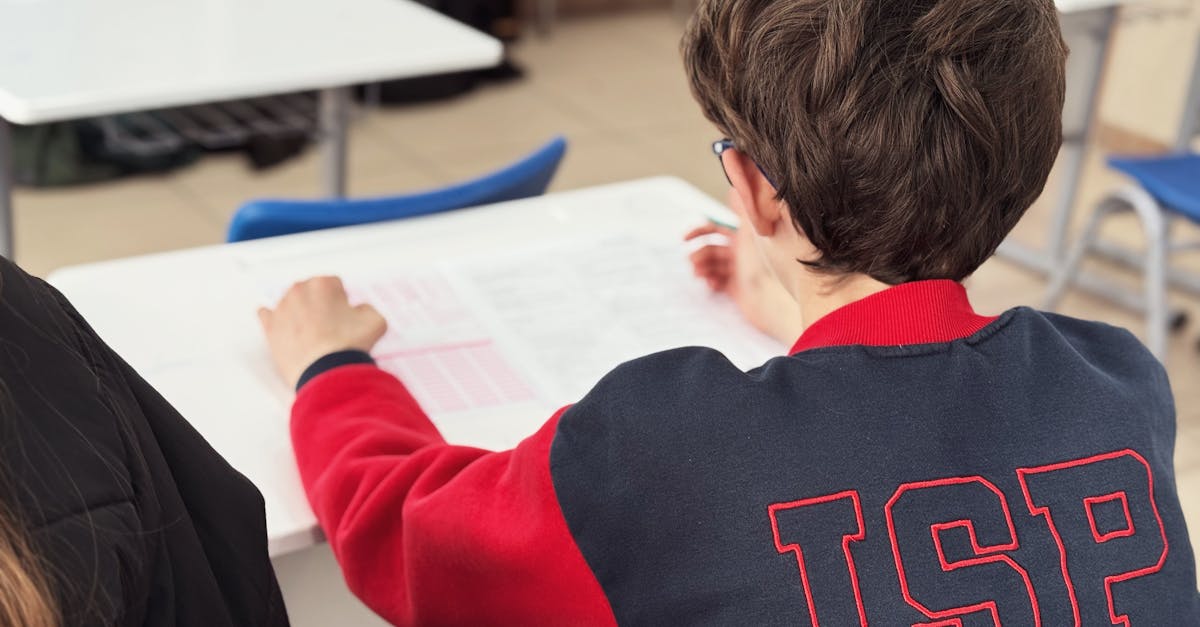
ect in ways that feel comfortable and supportive. Accessibility features, such as text-to-speech and language translation, further enhance the experience, making it feasible for people from different backgrounds to engage meaningfully.Adequate sleep is crucial for students as it lays the foundation for optimal cognitive function and emotional stability. During sleep, the brain processes information, consolidating memories gathered throughout the day. This process enhances learning and retention, making a well-rested mind better equipped for the challenges of academic life.
Another aspect of these tools is their ability to foster collaboration and teamwork. Online games and interactive learning modules can create a shared space where participants work together towards a common goal. By simulating real-life scenarios within a virtual environment, users can practice essential social skills such as negotiation and conflict resolution. This immersive approach not only builds confidence but also promotes understanding and respect for differing viewpoints, crucial elements in developing social competence within diverse communities.Quality sleep also plays a significant role in regulating stress levels. Insufficient rest can lead to increased anxiety and a heightened emotional response to everyday pressures. Poor sleep patterns disrupt mood and impact overall mental health, making it difficult for students to cope effectively with academic demands and personal challenges. Emphasising good sleep hygiene can therefore lead to better performance and well-being.
Family Involvement in Social Skill DevelopmentNutrition and Stress
Families play a crucial role in a child's social skill development. By actively participating in their children's daily interactions, parents and guardians can model appropriate behaviours and reinforce positive social norms. This involvement creates a safe environment for children to experimenting with communication, listening, and empathy. Opportunities for social interactions within family settings, such as playdates and family gatherings, allow children to practice these skills in a supportive context.The relationship between nutrition and stress is critical for students striving to maintain their well-being. Consuming a balanced diet is essential, as it provides the necessary nutrients that support mental health. Certain nutrients, such as omega-3 fatty acids
dren's social skill development?What constitutes quality sleep for students?
Families can engage by participating in social activities, encouraging positive social interactions, modelling appropriate social behaviours, and using family discussions to reinforce social understanding and empathy.Quality sleep for students involves getting 7-9 hours of uninterrupted sleep each night, maintaining a consistent sleep schedule, creating a comfortable sleep environment, and limiting screen time before bed.
What strategies can be used to effectively engage families in social skills training?What types of foods can help alleviate stress?
Strategies include organising family workshops, providing resources for home-based activities, encouraging open communication about social challenges, and creating opportunities for families to collaborate on inclusive community events.Foods that may help alleviate stress include fruits, vegetables, whole grains, lean proteins, and omega-3 fatty acids. Additionally, staying hydrated and consuming foods rich in vitamins and minerals can also contribute to better stress management.
Related LinksRelated Links
Teaching Negotiation Skills as Part of SEL CurriculumTechniques for Developing a Positive Mindset Amidst Academic PressureEncouraging Positive Peer Interactions Through SEL InitiativesEffective Breathing Techniques for Reducing Student Stress
Developing Conflict Resolution Strategies in School SettingsIntegrating Nature Walks into the School Day to Lower Stress
The Impact of Teamwork on Student Social IntegrationThe Benefits of Journaling for Emotional Wellbeing in Schools
Building Communication Skills Through Role-Playing ExercisesBuilding Healthy Routines: Time Management for Stress Reduction